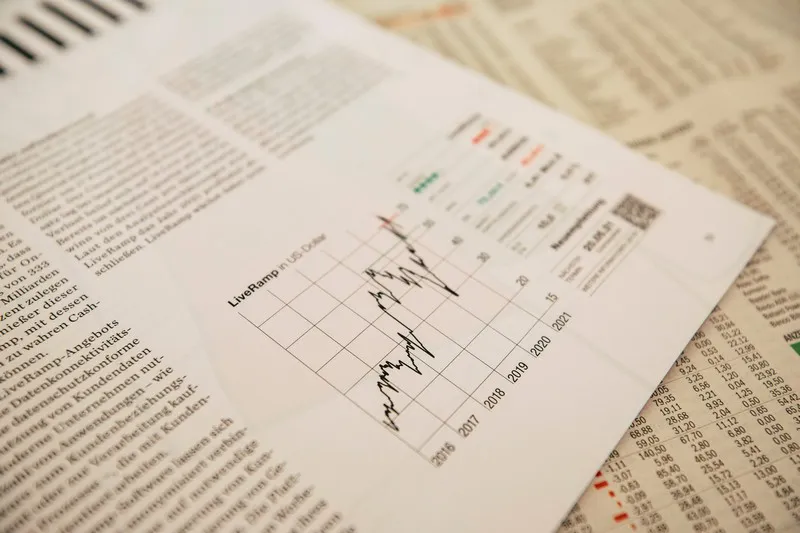Inflation is a concept that extends beyond the realm of economics and has significant implications in sociology as well. In this article, we will outline and explain what inflation means in the context of sociology, highlighting its social consequences and impacts on various aspects of society.
Defining Inflation
Inflation, in its simplest form, refers to a sustained increase in the general price level of goods and services over a period of time. It is commonly measured by the Consumer Price Index (CPI), which tracks changes in the cost of a basket of goods and services typically consumed by households.
However, when examining inflation from a sociological perspective, it is important to go beyond the economic indicators and delve into the social implications of rising prices.
Social Consequences of Inflation
1. Income Inequality: Inflation can exacerbate income inequality within a society. As prices rise, individuals with fixed or low incomes may struggle to afford basic necessities, leading to a widening wealth gap.
2. Impacts on Standard of Living: Inflation can erode the purchasing power of individuals and households, reducing their overall standard of living. This is particularly true for those on fixed incomes, such as retirees or individuals with low-wage jobs.
3. Unemployment: Inflation can also have implications for employment levels. When prices rise, businesses may face increased costs, leading to a decrease in production and potential job losses. This can contribute to higher unemployment rates and economic instability.
4. Social Unrest: Inflationary pressures can create social unrest and dissatisfaction within a society. As people struggle to cope with rising prices, they may become more vocal in expressing their grievances and demanding government intervention to address the issue.
Inflation and Social Institutions
Inflation can have far-reaching effects on various social institutions, shaping the dynamics and functioning of society as a whole.
1. Family and Household: Inflation can strain family budgets and alter consumption patterns. Families may be forced to make difficult choices regarding spending priorities, potentially impacting their overall well-being and quality of life.
2. Education: Inflation can affect access to education and learning opportunities. Rising costs of tuition, textbooks, and other educational expenses may limit individuals’ ability to pursue higher education, leading to disparities in educational attainment.
3. Healthcare: Inflation can have significant consequences for healthcare systems. As medical costs rise, individuals may face difficulties in accessing necessary healthcare services, leading to disparities in health outcomes.
4. Government and Policy: Inflationary pressures often prompt governments to implement monetary and fiscal policies to manage the economy. These policies can have direct and indirect impacts on social programs, welfare, taxation, and public services.
Conclusion
Inflation, when viewed through a sociological lens, goes beyond mere price increases and economic indicators. It has profound social consequences, affecting income inequality, standard of living, employment, and social institutions. Understanding the social implications of inflation is crucial for policymakers, researchers, and individuals alike, as it provides insights into the complex interplay between economics and society.





